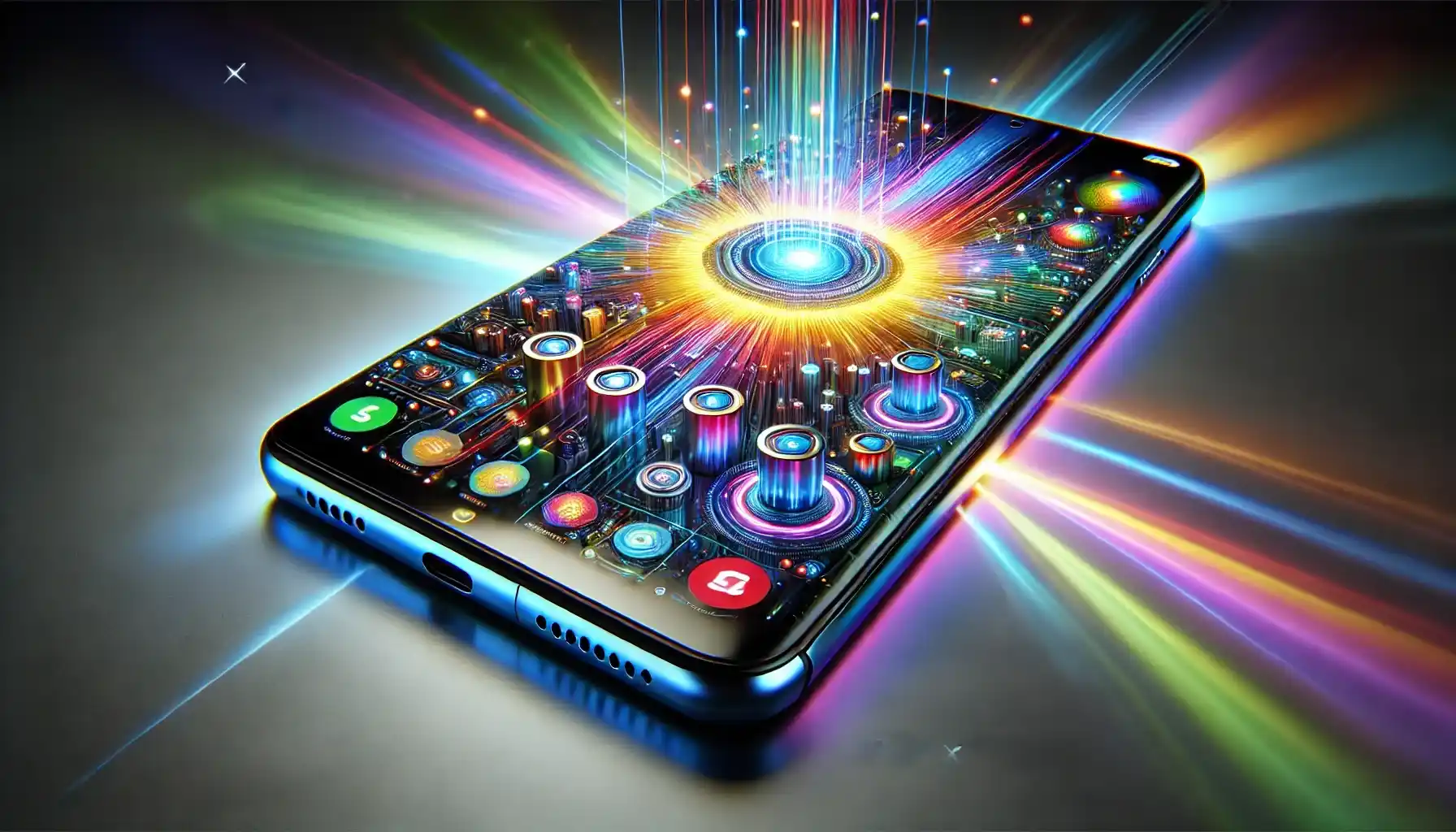Tech giant Samsung is reportedly exploring innovative ways to redesign its smartphones to better accommodate generative AI applications and functionalities. This initiative marks a significant shift in the company’s approach to mobile technology.
Radically Different AI Phones
In an interview with the Australian Financial Review, Roh Tae-moon, president of Samsung’s Mobile Experience unit, indicated that the new generation of “AI phones” would look “radically different” from the current models. He emphasized that successful AI integration would necessitate more mobile designs, potentially incorporating more sensors and larger screens than those seen in today’s smartphones.
“A successful implementation would make the ‘AI phones’ more ‘mobile’ and could have more sensors and bigger screens than the phones available today,” Roh stated.
Focus on Research and Development
Roh highlighted that a significant portion of Samsung’s mobile phone research and development efforts is now focused on these AI-integrated devices. However, he did not disclose specific form factors the company is considering. The term “form factor” refers to the hardware design aspects that determine the size, shape, and physical specifications of components.
Since the advent of Apple’s iPhone, most smartphones have adhered to a slim rectangular form factor in various sizes. Samsung’s initiative represents a potential departure from this standard, aiming to create devices that better support advanced AI functionalities.
Previous AI Efforts and Market Challenges
Roh’s comments follow the rollout of Samsung’s “Galaxy AI” system in May, which was introduced to enhance existing features, provide new tools for users, and improve the overall functionality of Samsung phones.
While Samsung explores new form factors, other companies have also ventured into creating AI-specific devices with unique designs, though with limited success. For instance, the Rabbit R1 generated significant hype upon its March 2024 launch, offering an AI device designed for voice interaction and task performance. However, it faced criticism for poor functionality and battery life, with popular tech reviewer Marques Brownlee describing it as “borderline non-functional.”
Similarly, Brownlee criticized the Humane AI device as “the worst product I’ve ever reviewed,” highlighting the challenges faced by early AI device innovators.
NEW VIDEO – Rabbit R1: Barely Reviewablehttps://t.co/CqwXs5m1Ia
This is the pinnacle of a trend that's been annoying for years: Delivering barely finished products to win a "race" and then continuing to build them after charging full price. Games, phones, cars, now AI in a box pic.twitter.com/WutKQeo2mp
— Marques Brownlee (@MKBHD) April 30, 2024
Competitive Landscape
Samsung’s move comes amid increasing competition in the AI-integrated smartphone market. Apple announced a partnership with ChatGPT creator OpenAI in June to develop AI features for the iPhone. Google has also been integrating AI into its smartphones and the Android operating system.
Samsung’s exploration of new phone form factors tailored for AI applications represents a bold step in mobile technology innovation. As the company invests heavily in research and development, it aims to set a new standard for AI-integrated devices, potentially reshaping the future of smartphones.

